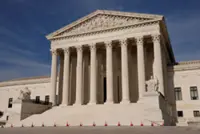Malaysians’ frustrations with the pandemic-related limitations of MCO 2.0, such as repeatedly being unable to order from food delivery services during peak hours, has spilled over into a new viral hashtag.
On Jan 18, #SiBodohKauDengarSini was trending on Twitter with more than 38,000 posts.





